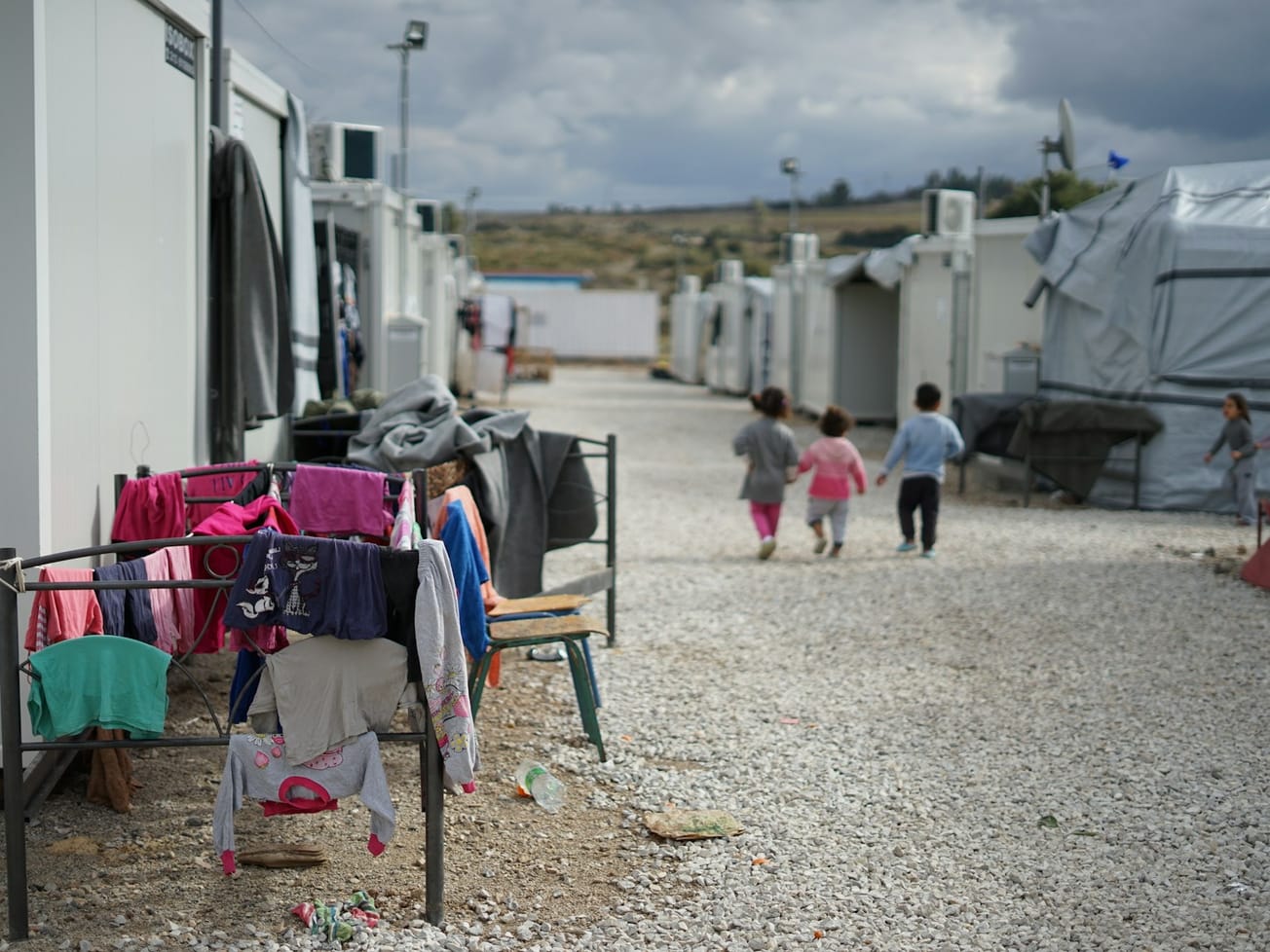UNITED NATIONS (AN) – In the four years since the U.N. General Assembly approved back-to-back treaties to ensure the humane movement of people, just 46% of the U.N.'s 193 member nations pledged more help for migrants and only 15% of the promises to refugees have been fulfilled.
That’s according to the United Nations’ latest dashboards with figures on the status of the Global Compact for Safe, Orderly and Regular Migration and the Global Compact on Refugees, both of which were overwhelmingly approved by the assembly during two separate votes in December 2018.









